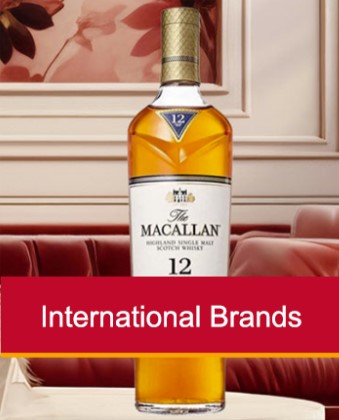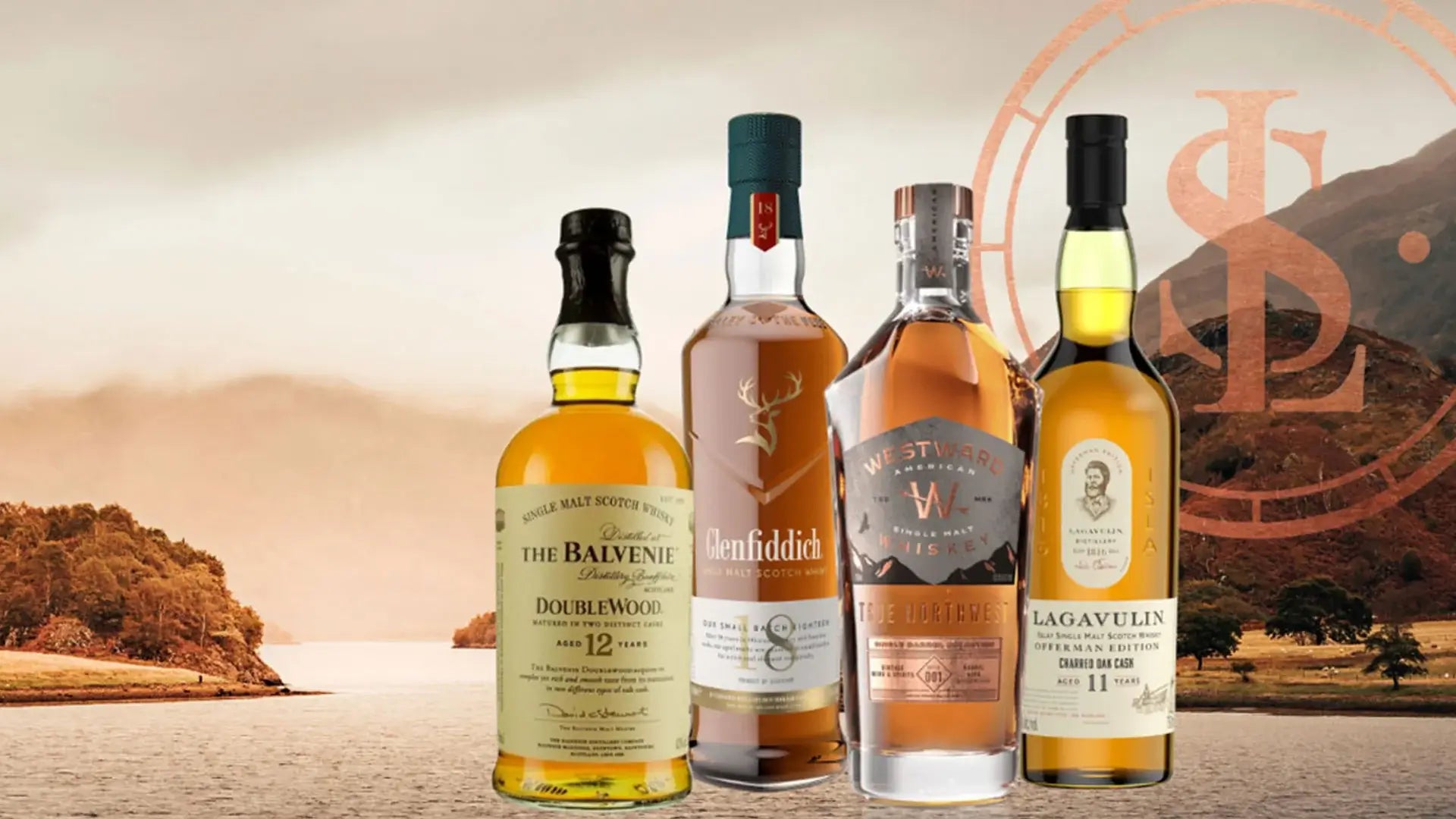Whiskey is a beloved spirit enjoyed worldwide, but the terms bourbon and whiskey often cause confusion. Understanding the distinctions between these two can enhance your appreciation and help you make informed choices. In this article, we'll explore bourbon vs whiskey to uncover what is the difference between whisky and bourbon in terms of history, production, ingredients, and flavor profiles.
What is the History of Whiskey?

Whiskey's origins trace back to Ireland and Scotland, where monks began distilling spirits as early as the 12th century. Initially used for medicinal purposes, these early whiskies were rough and unrefined. As distillation techniques improved, whiskey became a popular beverage across Europe. The spirit made its way to America with settlers, and by the 18th century, it was being produced throughout the colonies. Important milestones include the invention of bourbon in Kentucky during the late 1700s and the global rise of whiskey in the 20th century, solidifying its place as a staple spirit worldwide.
4 Ways Bourbon and Whiskey are Different
While all bourbon is whiskey, not all whiskey is bourbon. Here are four key differences between them.
Ingredients

Bourbon must be made from a grain mixture that's at least 51% corn. This high corn content gives bourbon its distinctive sweet flavor. In contrast, whiskey can be made from various grains, including barley, rye, wheat, or corn. For example, Scotch whisky is primarily made from malted barley, while rye whiskey must contain at least 51% rye grain. The type of grains used significantly impacts the flavor profile of each whiskey.
Distillation Process

Bourbon is typically distilled twice, and the mash bill (the grain mixture) plays a crucial role in defining its character. The first distillation occurs in a column still, and the second in a doubler or pot still. Other whiskey types may use different methods; for instance, Scotch is usually distilled twice in pot stills, enhancing its robust flavors, while Irish whiskey often undergoes triple distillation for a smoother finish.
Aging Process

By law, bourbon must be aged in new, charred oak barrels. This requirement imparts a distinct caramel and vanilla flavor to the bourbon and contributes to its rich color. Other whiskies can be aged in reused barrels, such as ex-bourbon or sherry casks, allowing for a wider range of flavor influences. Aging times also vary: while bourbon has no minimum aging requirement (unless labeled "straight bourbon," which requires at least two years), Scotch whisky must be aged for a minimum of three years.
Flavor Profile

Bourbon is typically sweeter and smoother due to its high corn content, featuring notes of caramel, vanilla, and oak. In contrast, other whiskey types offer different taste experiences. Scotch whisky, for example, can be smoky and peaty, especially if it's from Islay, due to the use of peat fires in the malting process. Rye whiskey is known for its spicy and bold flavors, with hints of pepper and baking spices.
Types of Whiskey

- Bourbon: An American whiskey made from at least 51% corn and aged in new, charred oak barrels, offering sweet and rich flavors.
- Scotch: Whisky from Scotland, primarily made from malted barley, often with smoky and peaty notes.
- Irish Whiskey: Originating from Ireland, usually triple-distilled for smoothness, with a light and fruity flavor profile.
- Rye Whiskey: Made from at least 51% rye grain, known for its spicy and robust taste.
- Tennessee Whiskey: Similar to bourbon but filtered through charcoal in the Lincoln County Process, giving it a mellow character; must be made in Tennessee.
- Japanese Whisky: Modeled after Scotch, Japanese whisky is known for its precision and often delicate, complex flavors.
- Canadian Whisky: Typically a blended whisky made from a mix of grains, known for its smoothness and lighter taste.
Frequently Asked Questions
What is the difference between whiskey and bourbon?
While bourbon is a type of whiskey, it must meet specific criteria: it's made in the United States from at least 51% corn and aged in new, charred oak barrels. Whiskey is a broader category that includes any distilled spirit made from fermented grain mash and aged in wooden containers. The main differences lie in the production regulations, ingredients, and flavor profiles dictated by these standards.
Is all bourbon whiskey?
Yes, all bourbon is whiskey because it falls under the whiskey category. However, not all whiskey is bourbon. Bourbon must adhere to strict guidelines regarding its production and ingredients, distinguishing it from other types of whiskey like Scotch, rye, or Irish whiskey, which have their own specific regulations and traditional practices.
Which is smoother, bourbon or whiskey?
Bourbon is generally considered smoother and sweeter due to its high corn content, which imparts flavors of caramel and vanilla. However, smoothness is subjective and varies among different whiskey types. Irish whiskey, for instance, is also known for its smoothness because of triple distillation. The perceived smoothness often depends on personal taste preferences and the specific brand or style of whiskey.
















Thanks that was a wonderful article. Concise and to the point